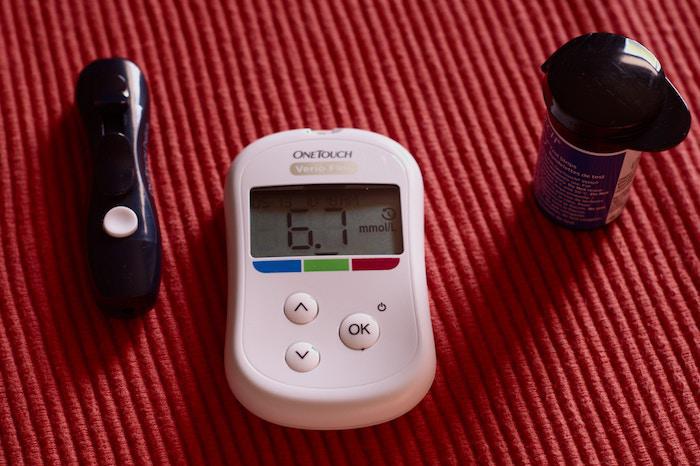Have you been overweight or obese for a while? Maybe you’ve tried to diet and exercise, but your efforts seem to taper off after a month or two and get lost in the midst of a busy life.
You want to lose weight so you can get down on the floor and play with your child or grandchild (and get back up again) without feeling like you’re moving Mount Rushmore. Your joints may be sore and stiff when you try to move.
If your weight is dragging you down, it’s time to consider a new framework for losing the excess pounds.
Our board-certified physician, Dr. Hormazd Sanjana, and his top-notch team at Castle Hills Family Practice in San Antonio, Texas, are ready to help you lose weight, feel better, and get healthier.
Obesity is an epidemic in America. Nearly three-quarters of American adults have a weight problem, with over 4 in 10 considered obese. Aside from feeling physically tired from carrying those excess pounds, being overweight or obese carries significant health risks.
When should you consider medical weight loss?
If you’re overweight (BMI > 27) or obese (BMI > 30) and have hypertension, Type 2 diabetes, high cholesterol, fatty liver, sleep apnea, and/or another serious health condition, you can benefit from medical weight loss.
Obesity can be a major contributing factor to or cause of the following serious illnesses:
- High blood pressure
- High cholesterol
- Type 2 diabetes
- Heart disease
- Stroke
- Sleep apnea
- Osteoarthritis
Any of these conditions can disable you so that your quality of life is greatly diminished. For example, as your weight increases, your blood pressure rises. The risk of high blood pressure is heart disease, including heart failure, a stroke, or an aneurysm.
Being overweight can cause Type 2 diabetes. Diabetes is a disease that frequently causes other health complications, including kidney, nerve, and/or heart damage and foot ulcers that don’t heal well.
Being overweight or obese is the most common reason for developing obstructive sleep apnea. And once you have sleep apnea, it can cause more weight gain because you’re not getting the restful sleep you need. Without enough sleep, you tend to overeat.
There’s also a clear correlation between osteoarthritis and obesity. Your knees are trying to support your upper body, but the excess weight damages the cartilage in your joints. Men and women who are overweight or obese are at high risk for knee osteoarthritis.
At your annual physical, Dr. Sanjana examines all factors that could lead to disease in your body. If you’re overweight and it’s a continuing pattern, he may recommend a medical weight loss plan to help ensure your continuing health.
What might be included in your medical weight loss plan?
If Dr. Sanjana recommends medical weight loss, he has a variety of tools at his disposal to help you along your weight loss journey.
Your plan might include some combination of:
- Coaching and support
- Lifestyle changes
- Fitness programs
- Customized meal plans
- Nutritional supplements
- Appetite suppressants
If you’ve tried to lose weight, but going it alone hasn’t worked, consider medical weight loss at Castle Hills Family Practice. Call the office or book an appointment online today.




